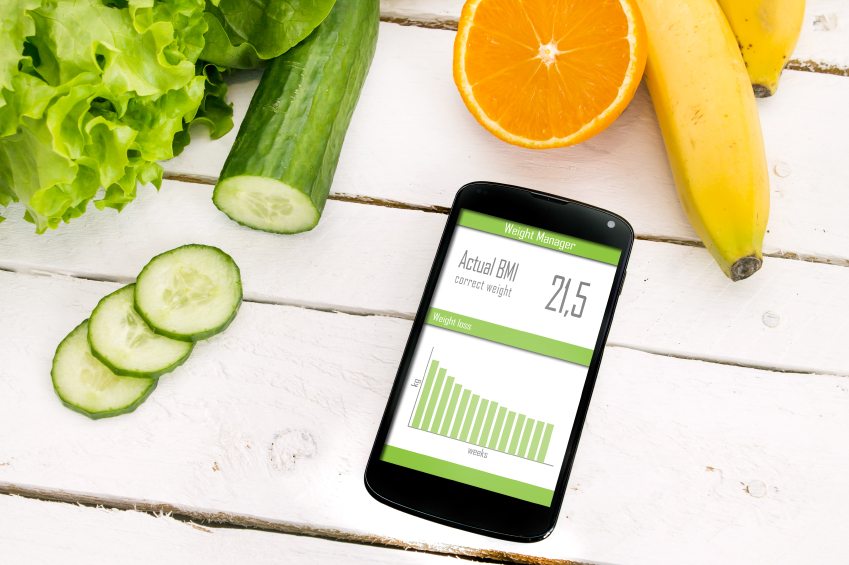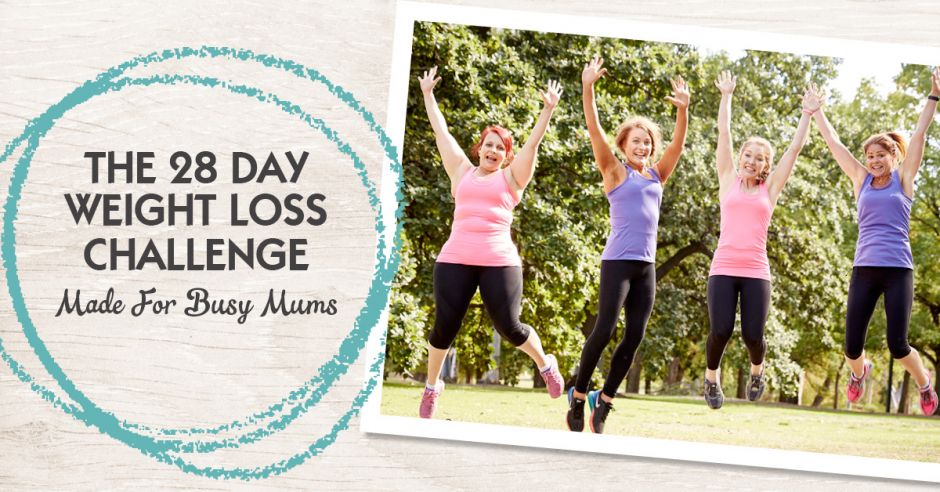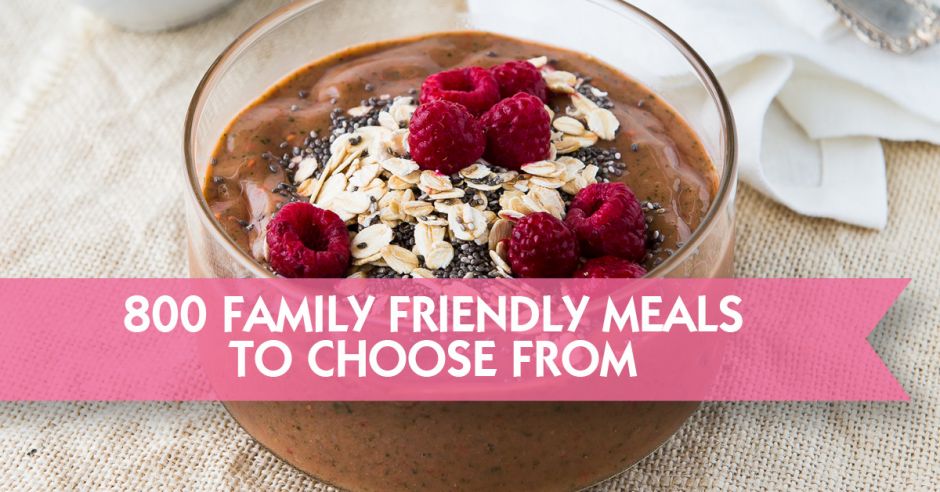Hi, It’s Kathleen Alleaume, Exercise Scientist and Nutritionist for over 14 years, and I assisted in creating the recipes on the Healthy Mummy 28 Day Weight Loss Challenge and I have worked with Lose Baby Weight for 4 years.
As there have been so many questions on calories and as so many people do avidly count calories, I thought I would look at the topic in more detail. Also – some people who are avid calorie counters have asked why a few of the recipe calories on our plans differ to some of the calorie counts when compared against free calorie counters such as My Fitness App..
I can assure you that this plan is nutritionally sound and includes the right balance of food from each food group. Including the recommended 7 serves of vitamin-rich fruit and veggies, the right amount fibre (to keep hunger at bay), quality protein (to satisfy you for longer) and low-GI carbohydrates (to ensure longer-lasting energy and avoid overeating).
Now for the calories listed – which is essentially a measure of how much “energy” a food contains. And we all know that if we eat too many (and the fewer we expend), we will gain weight. However, when it comes to achieving and maintaining a healthy weight, counting calories is not the whole picture – not even close.
Allow me to simplify. First and foremost, there are huge discrepancies between many of the calorie contents listed on food labels, various smart phone apps and in diet books. So if you adhere and rely strictly to calorie counting, then there is a chance you could be getting more than you imagined.
(We use the Deakin University Food Source database for estimating calories in meals on the Lose Baby Weight plans and this is the same database that 90% of dieticians and nutritionists use and is recognised as one of the most accurate – and it is a paid for system – not a free calorie counting system which are now widely available on the web).
Secondly, calories are not created equal – in other words, the body doesn’t treat all calories the same way. As a guide, we are told the simplest and most effective way to achieve and maintain a healthy weight is to take in no more than 2,000 calories (8700 kilojoules a day). This figure, of course, is a guide only and is not a one size fits all – and most certainly doesn’t apply to breastfeeding women. You can read about how many calories you need each day here
But sticking to that figure may not be as straightforward as it seems because calories work differently in the body depending on which food they come from. For example, high-fibre and protein foods require more chewing and are more difficult to digest, so you use up more calories eating them, compared to highly processed foods that require less effort to chew, so you use fewer calories.
In addition, high-quality calories that come from foods rich in nutrients, like broccoli, leafy greens, avocados, nuts, and lean sources of protein, such as skinless chicken, eggs, and lean beef will fill you up quickly and keep you full for a long time. They also trigger the release of hormones that tell the body to burn fat. On the other hand, a diet filled with processed foods, added sugar, and refined grains aren’t inherently satisfying, so you’re more likely to overeat. They also prompt your body to store fat.

So the bottom line is this: whilst we should view calories as a useful tool and a general guideline, they should not be the only focus in achieving and maintaining a healthy weight.
What’s more important is to balance out the foods you eat, so there is less refined produce, more fresh food and plenty of fibre – and that’s what the 28 Day Weight Loss Challenge is all about!
I highly recommend to most people that counting calories is not something you want to do for the rest of your life, but it’s a start. It’s integral to eventually switch the focus on how foods are affecting your body and mind which will allow you to start connecting with the cues that your body gives you, such as ‘satiety’ (feelings of fullness) and ‘true’ hunger (i.e. rumbling stomach) or is it just emotional hunger (i.e. boredom, stress) – and most importantly – never eating till you are absolutely stuffed!
Let’s not forget, when you eat healthy foods, you don’t really need to count calories. As long as you feed your body what it needs, it’ll take care of the rest, including keeping you at a healthy weight. So relax about keeping a calorie journal and focus on quality over quantity.
All the best.
Kathleen Alleaume
If you are interested in taking part in the 28 Day Weight Loss Challenge with 1000’s of other mums at the same time you can register for the next round here
Or you prefer to do a plan at your own pace and not be part of a challenge you can get the 28 Day Diet & Exercise Book here
Please note that all online challenges have new recipes and are not the same as in the 28 Day Diet & Exercise Book. See all the details and join the challenge here



